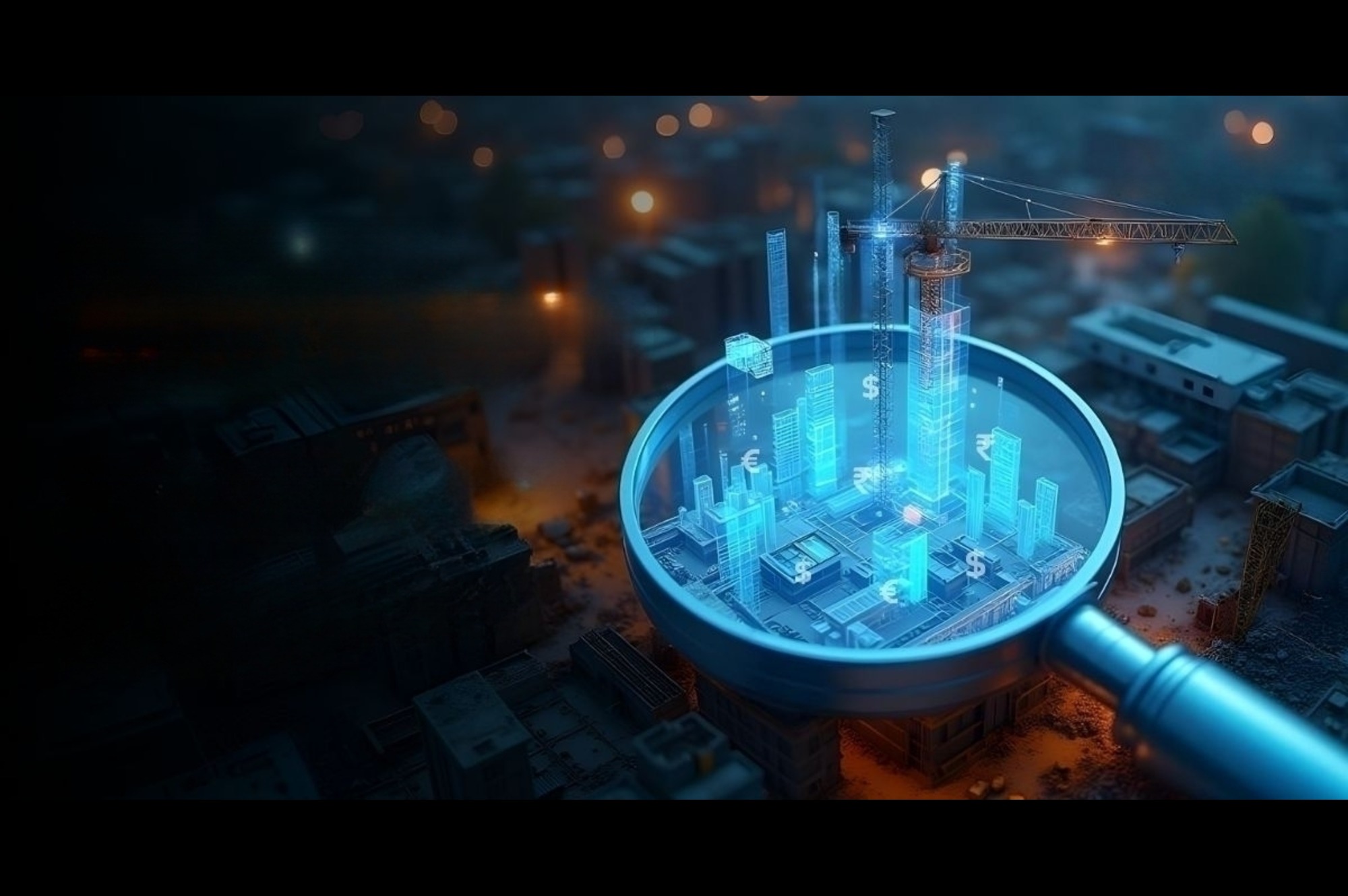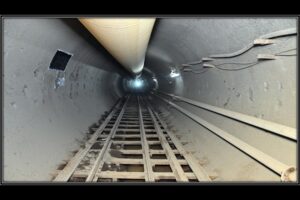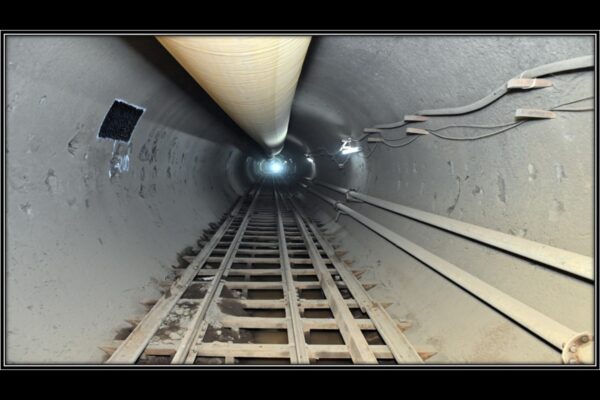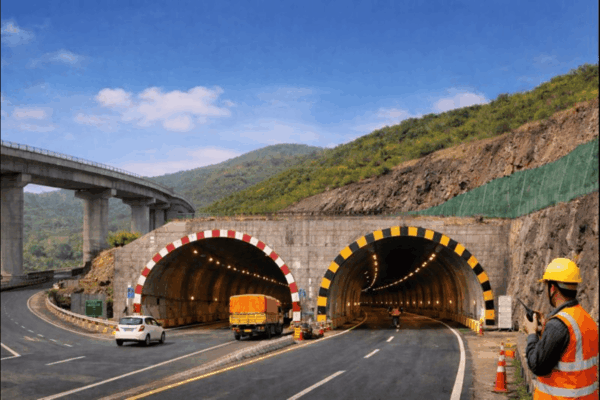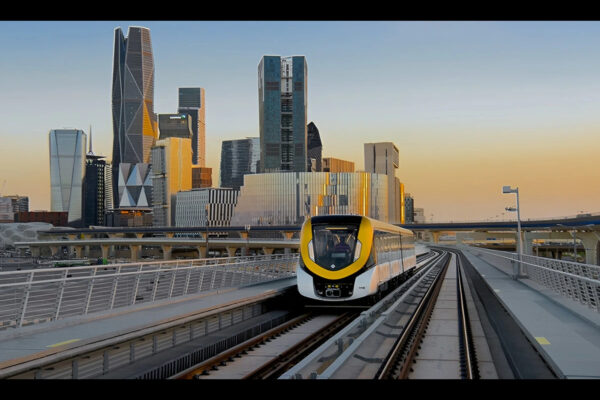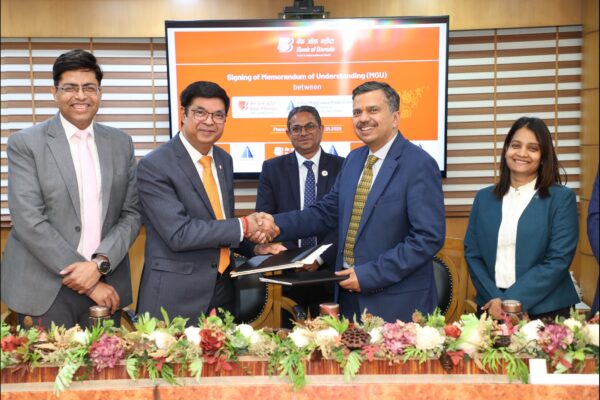Digital Collaboration: Redefining India’s Infrastructure Future
by Janak Vakharia, Global CEO, Xpedeon
India’s construction industry is undergoing a significant transformation. Traditionally characterized by fragmented workflows and manual oversight, construction sites are now evolving into digitally connected ecosystems that drive productivity, enhance safety, and enable real-time decision-making across teams. This shift is powered by smart devices, cloud platforms, AI-enabled tools, and Building Information Modelling (BIM).
The Imperative for Digital Adoption
The construction sector is a critical driver of economic growth in India, contributing significantly to the country’s GDP and employing a substantial portion of the workforce. Despite its importance, the industry has faced challenges such as low labor productivity and slow adoption of technology, limiting its ability to meet the growing infrastructure demands.
The COVID-19 pandemic highlighted these gaps, accelerating the shift toward digital solutions. Indian firms are now leading the Asia-Pacific region in embracing digital technologies, surpassing peers in countries such as Australia, Japan, and Singapore. According to the State of Digital Adoption in Construction 2025 report by Autodesk-Deloitte, 54% of Indian construction companies actively use AI and machine learning, while 72% leverage data analytics for smarter project management.
Drones equipped with high-resolution imaging now monitor construction sites in real time, while AI-enabled software predicts risks and optimizes resource allocation. Cloud-based dashboards allow project managers and regulators to track progress, minimize errors, and enhance safety across multiple sites simultaneously.
Connecting People, Processes, and Data
Integration remains the true challenge of digital transformation. Real-time visibility and interoperability across systems are foundational for improved governance, cost control, and collaboration. PwC studies indicate that 25% of Indian firms have adopted drones for site surveillance, and 20% are using BIM for large-scale design coordination.
Xpedeon’s construction ERP software unifies core business workflows, providing a single platform for managing cost, contracts, and commercial performance. This integration enhances collaboration across teams, reduces risks, and delivers projects more efficiently.
AI, Automation, and Analytics Driving Productivity
AI adoption in Indian construction has doubled in just two years, enabling predictive analytics to optimize schedules, flag potential risks early, and deploy resources efficiently. Robotics and automation reduce manual labor intensity, allowing skilled workers to focus on oversight and complex tasks. Wearable sensor technologies further improve safety, alerting workers to potential hazards in real time.
For larger firms with revenues of USD 100 million, every additional digital technology implemented correlates with an average revenue increase of USD 1.14 million, highlighting the tangible economic benefits of digital adoption.
Workforce Development and Skill Building
The digital transformation journey is incomplete without skilled professionals. Skill gaps remain the leading barrier, with 36% of firms citing insufficient digital expertise as the top challenge. Xpedeon enhances workforce development by empowering teams with digital tools and expert support. Through close collaboration with construction and engineering professionals, Xpedeon helps site engineers adopt digital workflows, enables project managers to leverage BIM capabilities, and equips CFOs with data-driven insights for informed decision-making.
Overcoming Challenges and Unlocking Potential
Despite technological progress, many companies still operate fragmented systems averaging 11 per organization leading to inefficiencies and duplicated costs. Standardizing digital workflows and IT platforms has saved senior leadership up to 10 hours per week, freeing them to focus on strategic priorities. Smaller firms face budget constraints and limited access to technology providers, emphasizing the need for targeted government support, industry partnerships, and phased digital adoption to ensure inclusive growth.
Cultural resistance and policy gaps also slow adoption. Overcoming these requires not just technology, but clear communication, trust-building, and leadership committed to digital excellence.
Forging a Smart, Resilient Future
The future of construction in India lies in the integration of human expertise with intelligent technologies. Wearable devices alert workers to safety risks, drones perform complex site surveys, and cloud-based tools facilitate agile, transparent decision-making. Projects are becoming safer, faster, and more resource-efficient.
Looking ahead, the sector is poised to leverage AI, predictive analytics, and immersive digital platforms to achieve fully autonomous project management, from planning to execution. The economic, safety, and efficiency gains promise not only higher productivity but also improved working conditions, cost savings, and more sustainable infrastructure development.
Tags

